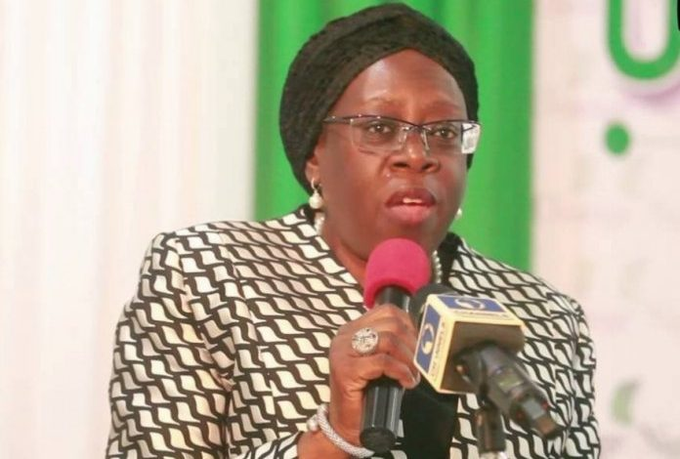Nigeria’s unemployment rate experienced a slight increase to 4.3% in the second quarter of 2024, representing a 0.1 percentage point rise compared to the same period last year.
This data, sourced from the Nigeria Labour Force Survey (NLFS) for Q2 2024, was released by the National Bureau of Statistics (NBS).
The report highlighted variations in unemployment rates across different demographics and geographical areas.
“The unemployment rate for Q2 2024 was 4.3%, showing an increase of 0.1 percentage point compared to the same period last year,” the report read in part.
The unemployment rate among males stood at 3.4%, while females recorded a higher rate of 5.1%. Urban areas had a significantly higher unemployment rate of 5.2%, compared to 2.8% in rural areas.
These disparities indicate that gender and location play significant roles in determining unemployment rates in Nigeria.
Youth unemployment, covering individuals aged 15 to 24, declined to 6.5% in Q2 2024 from 8.4% in Q1 2024, indicating some progress in job creation for younger demographics.
Persecondnews reports that unemployment rates varied significantly based on educational attainment.
Individuals with upper secondary education had the highest unemployment rate at 8.5%, followed by those with lower secondary education at 5.8%.
In contrast, persons with post-secondary education recorded a lower unemployment rate of 4.8%, while those with only primary education had the lowest rate of 2.8%.
The labour force participation rate stood at 79.5%, with rural areas recording 83.2% compared to 77.2% in urban areas.
Minimal gender disparities were noted, with males at 79.9% and females at 79.1%.
The employment-to-population ratio increased to 76.1% in Q2 2024 from 73.1% in Q1 2024, with rural areas outperforming urban areas at 80.8% and 73.2%, respectively.
Self-employment remained dominant, accounting for 85.6% of all employed persons, up from 84% in Q1 2023.
Rural areas led with 94.3%, compared to 79.7% in urban areas. Female self-employment was 88.3%, higher than the 82.2% recorded for males.
The share of employees declined to 14.4%, reflecting continued reliance on self-employment as the primary form of work in Nigeria.
The NBS report provides valuable insights into Nigeria’s labour market, highlighting areas that require attention to address unemployment and promote economic growth.
As the country continues to navigate its economic challenges, understanding these trends is crucial for policymakers and stakeholders.






































Leave a comment